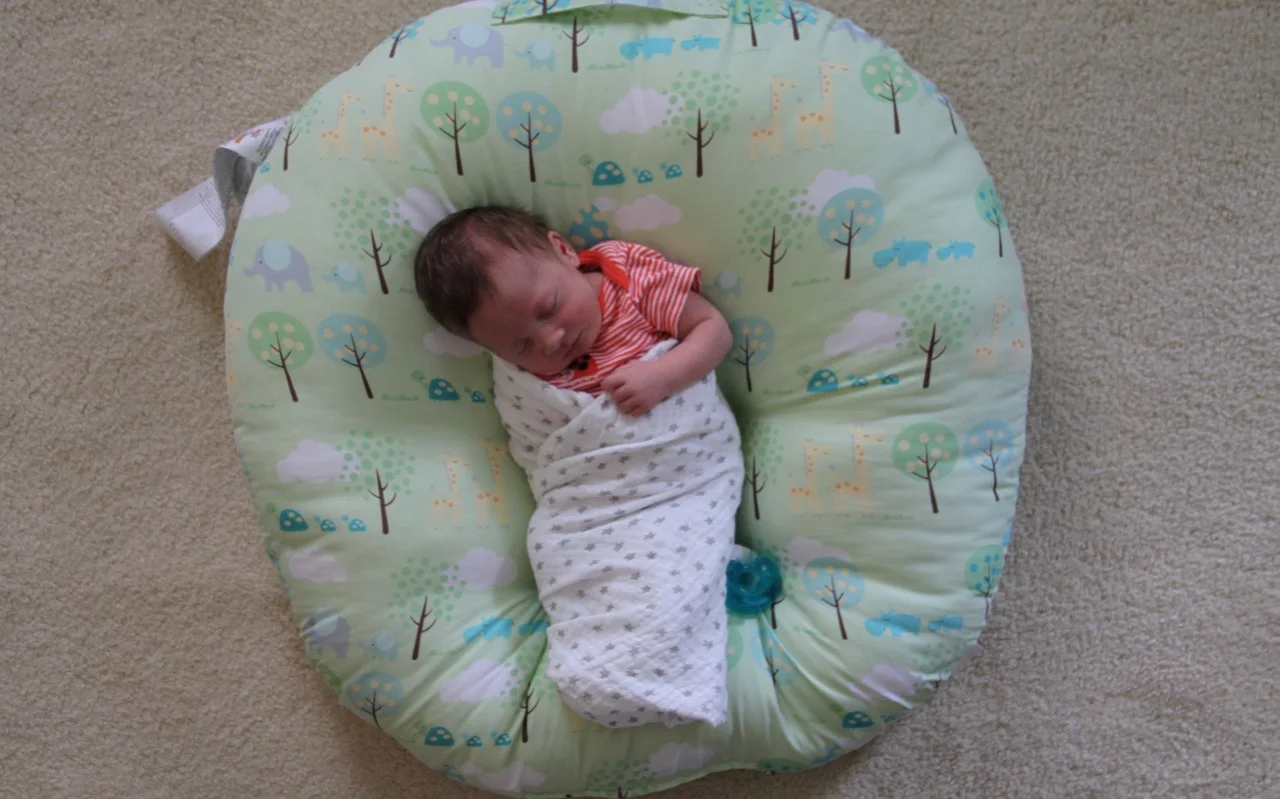In the special care nursery, lessons for more humane health care
July 8, 2017 | Raleigh News & Observer
Elliot Culin Johnson, 15 days old.
For the past few weeks, as the drama over health care legislation played out in Washington, my wife and I quietly shuttled between our home in Chapel Hill and the special care nursery at Duke Regional Hospital.
Our first child graced the world much earlier than expected, very nearly beating us to the delivery room. For the opening days of her life, our daughter Elliot needed round-the-clock care while she sorted out the finicky business of drinking, digesting and breathing all at once. Human life is a fragile miracle at its heartiest; at five shivering pounds, it is a revelation.
A revelation, too, to witness the vast gulf between the political rhetoric about health care and the actual practice of medicine. While our politicians try to parse the virtuous unwell from the irresponsibly diseased – deciding who deserves access to care – the country’s doctors and nurses go about their work with a radical egalitarianism.
“I will apply, for the benefit of the sick, all measures that are required,” reads the modern version of the Hippocratic Oath, the code of professional ethics that guides medical practice. It’s an elegant mission statement, and clinicians work heroically to carry it out. There are no tiers of medicine in the nursery, no premium status or economy plus.
Some couples planned for years to start a family; others stumbled into parenthood accidentally. Some parents have maternity leave that allows them to spend time with their newborns; others are back at work within days because they can’t afford to miss another shift. Some new parents have cars that run, families that help, friends and colleagues who offer guidance and support. Others simply don’t.
To the nurses making their nightly rounds, none of that matters. They make no distinction between rich and poor, deserving or undeserving. Every child gets the same commitment; every parent the same compassion. The health care system may be deeply unequal, but the minute-by-minute work of health professionals remains strikingly democratic. No human life is held more worthy than another.
That’s because fate can level us all. And in the hospital nursery, it does.
The universe condenses to a milk drop, and the urgent question of whether it can reach the right place in a small body. Then another drop; then another. The day slips by in milliliters, grams and soft breaths. With life stripped to its essentials, common humanity reemerges. People with little in common find much to talk about. They offer encouragement, sympathy and advice. They share stories and anxieties. The terrified teenage mom opens up to the experienced mother of three. The stoic boyfriend breaks down and asks for help while trying to change a diaper.
And the staff – the doctors, nurses, attendants and even the security guards – manage it all with patience and generosity. They recognize that no one chose this; no one earned a child’s distress.
I had coffee last week with Jane Thrailkill, an English professor at UNC Chapel Hill who applies the age-old wisdom of literature to the ageless dilemmas of medicine. She holds seminars for medical students to help them think critically about their role in society.
“Here is this group of people who have made a quite extraordinary commitment to tend strangers’ bodies, to give care without reluctance, without discrimination, without preference,” she told me. “I am in awe of what they do and the kind of experiences they put themselves in the way of.”
After these long weeks in the hospital, I am in awe, too. We have a medical profession clinging to values of fairness and decency within a health care system that seems to cherish neither. Our policymakers would do well to read the doctor’s pledge in its entirety. “I will remain a member of society, with special obligations to all my fellow human beings, those sound of mind and body as well as the infirm,” the Hippocratic Oath holds.
Something to ponder as Congress reconvenes.
Eric Johnson works at the University of North Carolina. Originally published on the op-ed page of the News & Observer.
http://www.newsobserver.com/opinion/op-ed/article160213769.html
